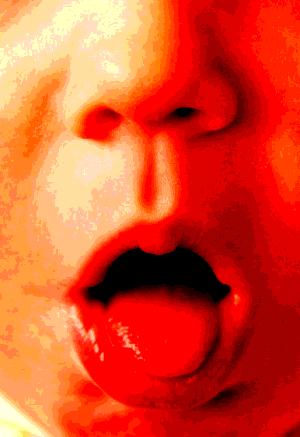SA sees whooping cough spike
 A spike in whooping cough has led SA Health to warn “irresponsible” parents.
A spike in whooping cough has led SA Health to warn “irresponsible” parents.
There have been 1,447 cases of the potentially deadly disease from the start of the year until October 21, including almost 600 cases since June.
There are 161 more cases than the same time last year, and 1,007 more than at the same time in 2014.
Health Minister Peter Malinauskas said many parents are resisting the advice of authorities and not immunising their kids.
“It is absolutely critical for the safety of all South Australians, but particularly young kids, that they have their vaccinations at the right times — including that first crucial vaccination, that I am having with my son today,” he said.
“I think it is irresponsible of parents who make decisions to not immunise their kids, unless they have a good valid medical reason to do so.
“The consensus overwhelmingly among all of our medical professionals is that immunisation can go a long way to protecting our community from preventable diseases.”
Whooping cough (otherwise known as ‘pertussis’) kills about 250,000 children worldwide each year, and leave many survivors with permanent brain damage.
SA Health Chief Medical Officer Professor Paddy Phillips said the number of cases tends to rise about every four years, as immunity can diminish over time.
“That is why it is important to get the booster shot, especially for young mothers in the last third of pregnancy,” he said.
“It's essential for parents to do the right thing and get their children vaccinated.
“Unless the child has a medical reason, every child should be vaccinated.
“The child can't choose what to do and immunisation is one of the miracles of the 20th century in helping to reduce deaths from preventable illnesses.”
South Australia saw 35 new cases last week alone.
Children under three months are particularly susceptible to whooping cough, so experts recommend they get their first vaccination at six to seven weeks.
Professor Phillips says personal hygiene, including handwashing and disposing of tissues, are also vital to stopping the highly-contagious disease.







 Print
Print